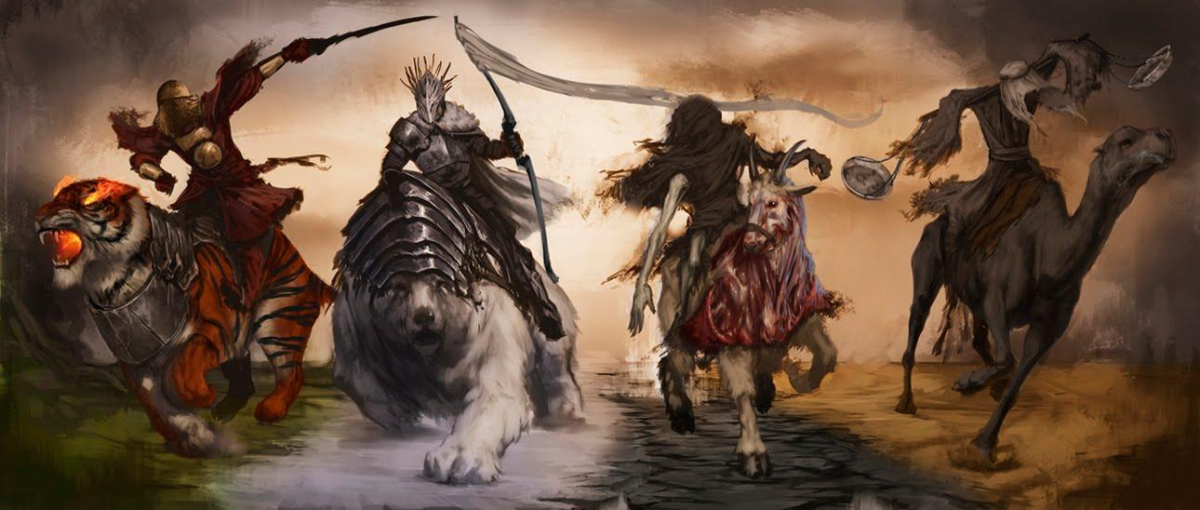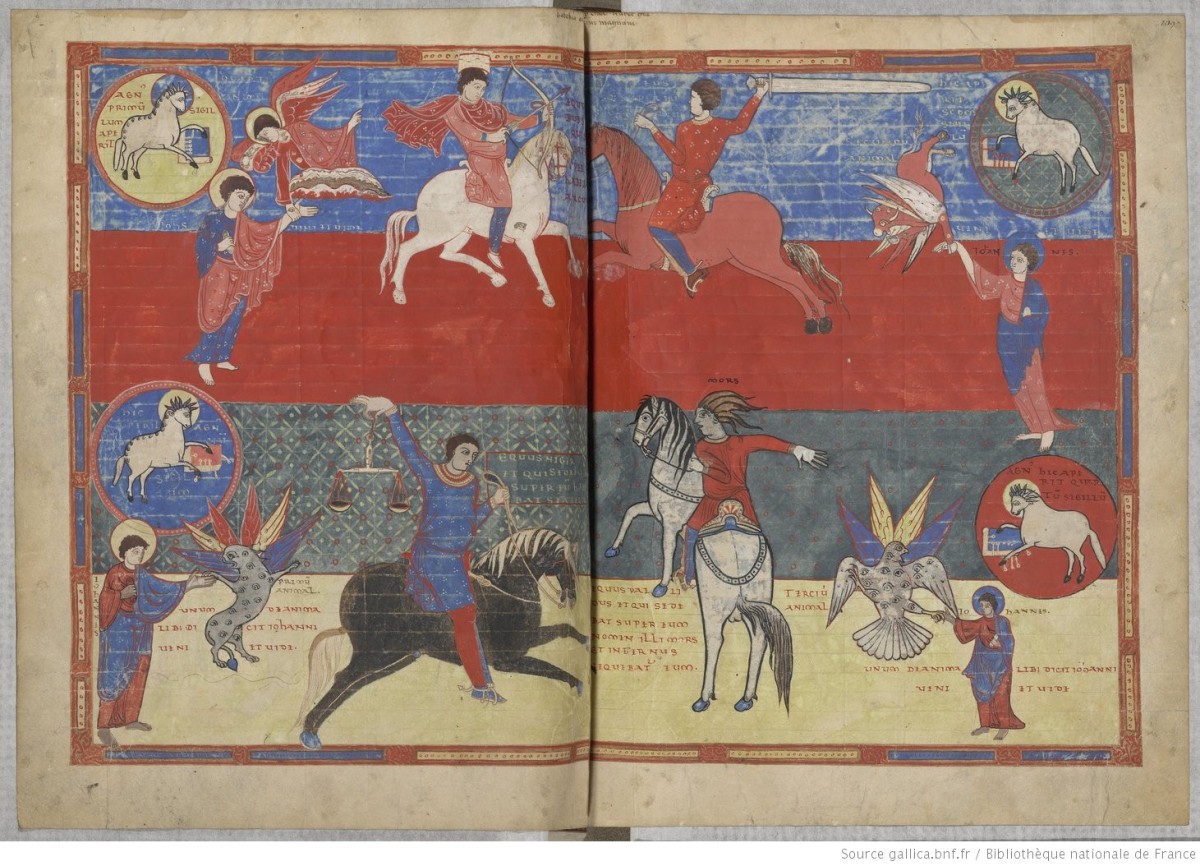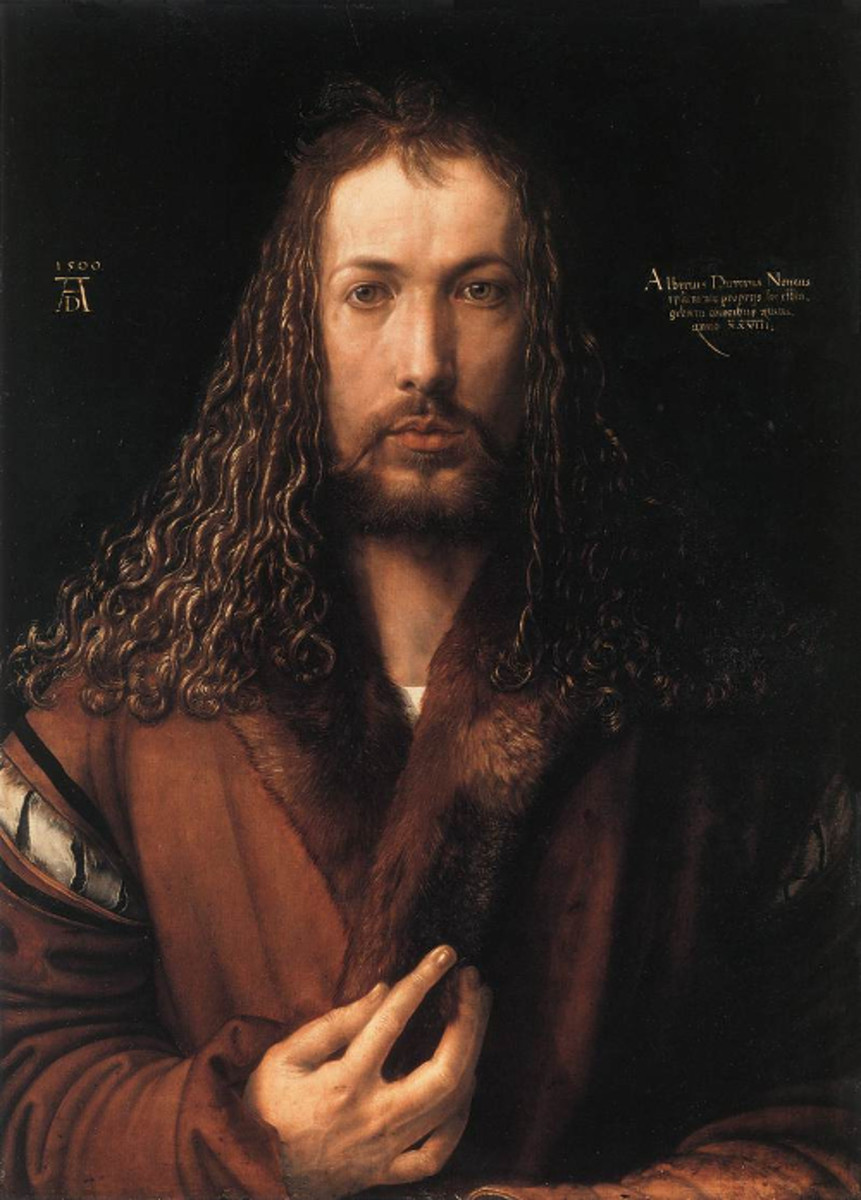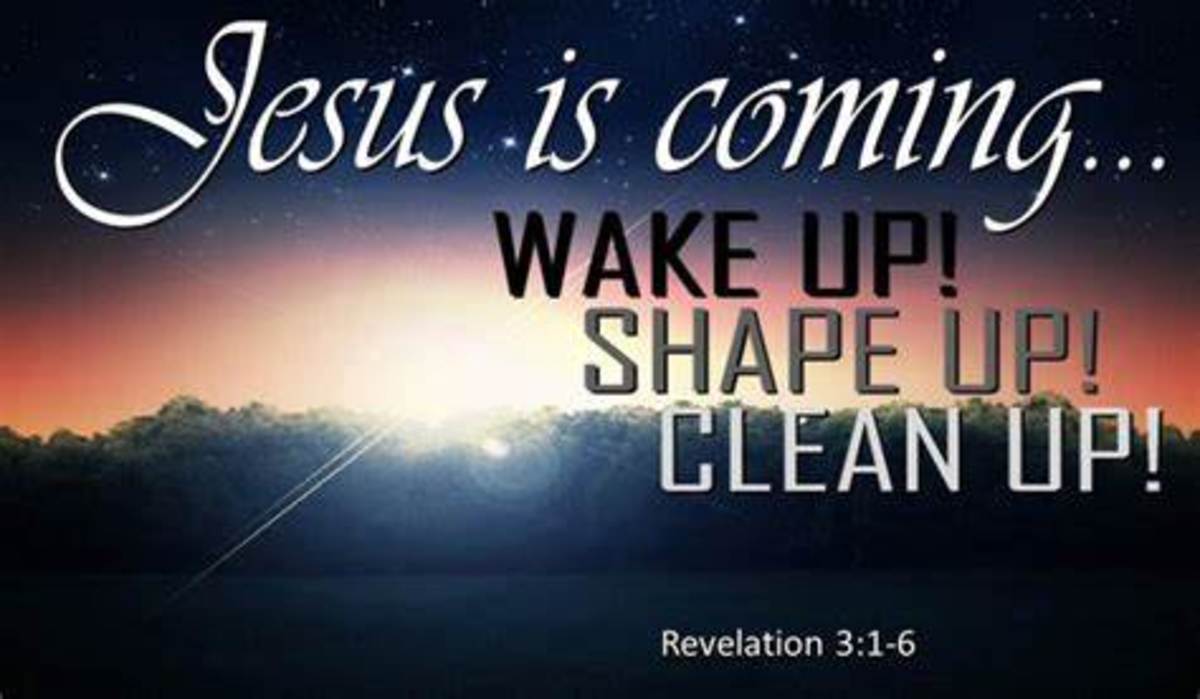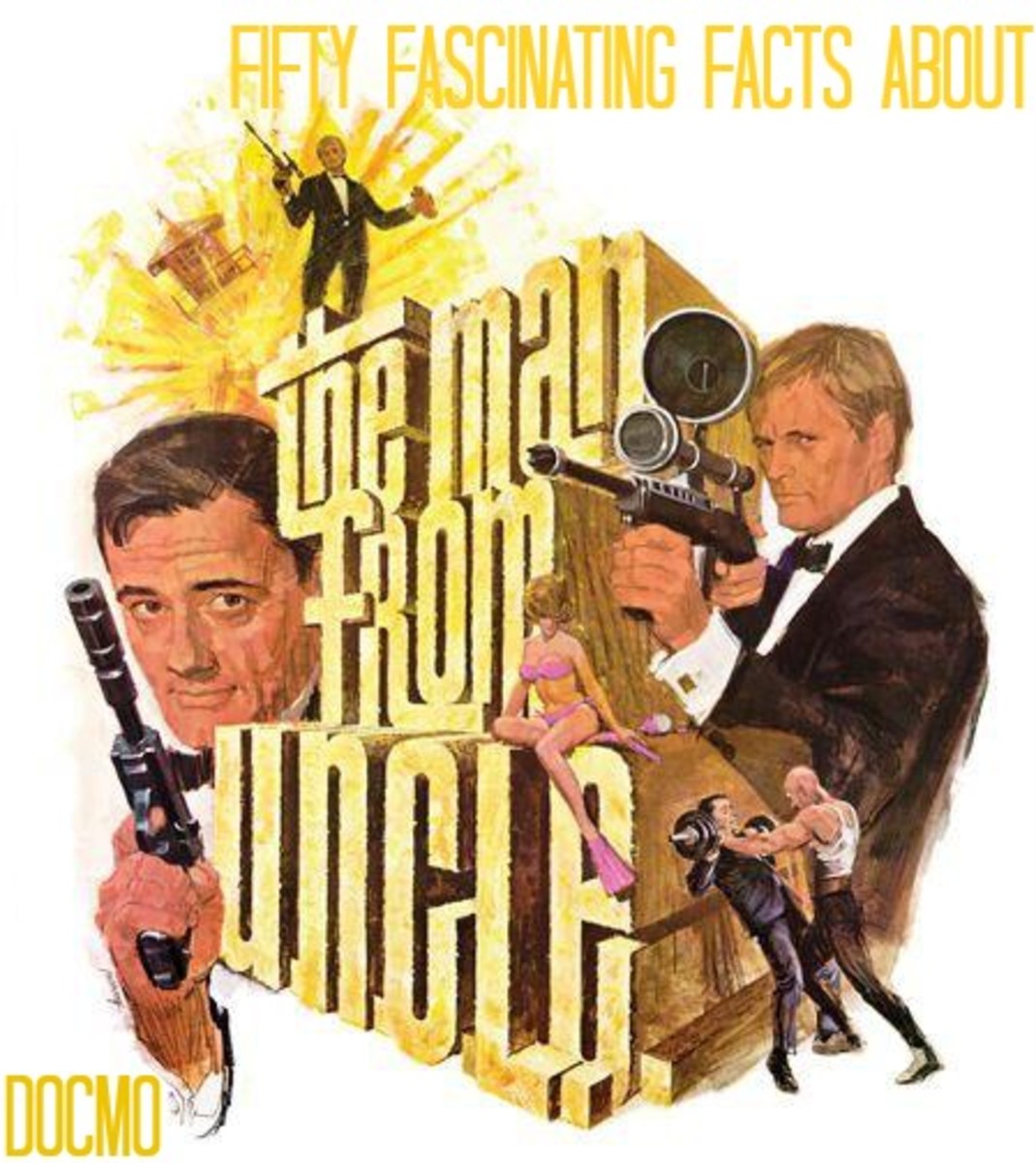A Review of the History Channel's "Mysteries of the Apocalypse"
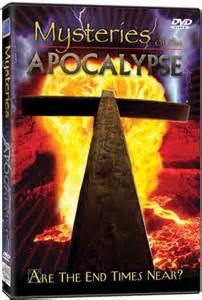
This theatrical documentary by The History Channel seeks to unpack the Book of Revelation and make sense of this historic document. This account is particularly colorful and highly dramatized. It begins with at least some basis of belief in historicity of the Book of Revelation. On this basis, they begin by looking at the content rather than spending too much time dealing with matters of authorship. When they finally get around to dealing with authorship, they conclude that it was not actually the John we believe it to be, but an unknown and vastly mysterious character also named “John.”
Immediately, the Book of Revelation is colored up by videos of Waco, Texas and others who have done peculiar and occasionally criminal things on the basis of what is written in it. People like David Koresh and the Branch Dividians are a prime example. Interestingly enough, they did not only devote time to the gory and intense side of the book, but also the final chapters which deal with the hope of a New Heaven and a New Earth.
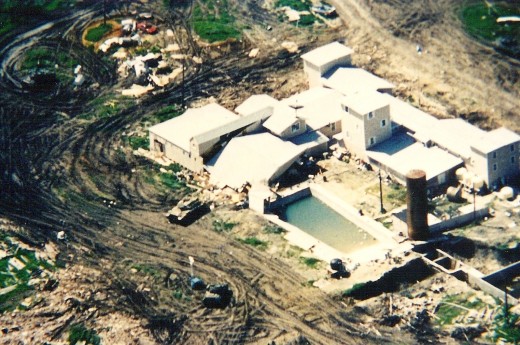
In speaking of the canonicity of Revelation, the documentary asserts that in early days, there was controversy about even reading the book in public. I did not know that this was the case. Apparently, the problem particularly centered around the punishment brought upon sinful humanity by the terrifying Four Horsemen of the Apocalypse. Of course, all this is explained in spooky voices accompanied by what sounds like Count Dracula playing the pipe organ in the background.
Naturally, the documentary must be viewed critically. It makes several assumptions that are inaccurate, such as claiming Zoroastrianism predates Judaism and may be where Christianity got its apocalyptic ideas. Overall, however, the documentary was interesting and of course, entertaining. I found it good to be reminded of the seriousness of the Book of Revelation even if this look came through secular eyes.
Also, I thought it was really fascinating to see the picture of different places mentioned in the Book of Revelation. Sometimes, as an American Evangelical, it gets easy to just read the book and not pay too much attention to the fact that the places mentioned are real, geographical locations. The documentary did a really good job of showing pictures of these different places. They also showed a lot of period art that was very interesting. It was good to see what people of the day pictured in their minds when they read the Book of Revelations.
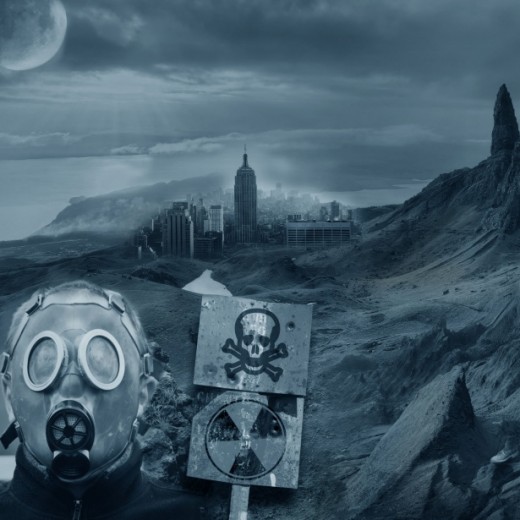
All in all, I found this to be an interesting, though somewhat biased documentary about the Book of Revelations. When viewed with a critical eye and an awareness that the material in it is being presented by people with a different worldview than I have, it was still an educational experience. It was well put together and clearly they had taken the time to actually collect footage of the different places mentioned in it. Whatever the case, however, their conclusion seems to be, “Let’s not take it the book of Revelation seriously.”

![Mysteries of the Apocalypse: Are the End Times Near? [DVD]](https://m.media-amazon.com/images/I/517Q91ST83L._SL160_.jpg)
